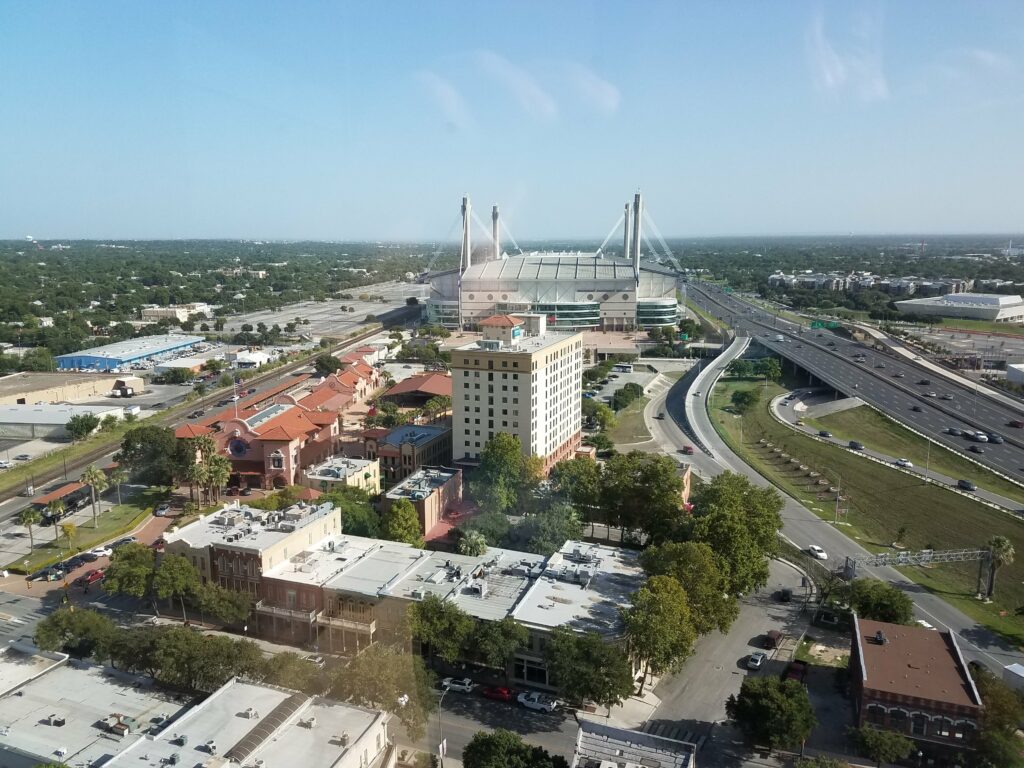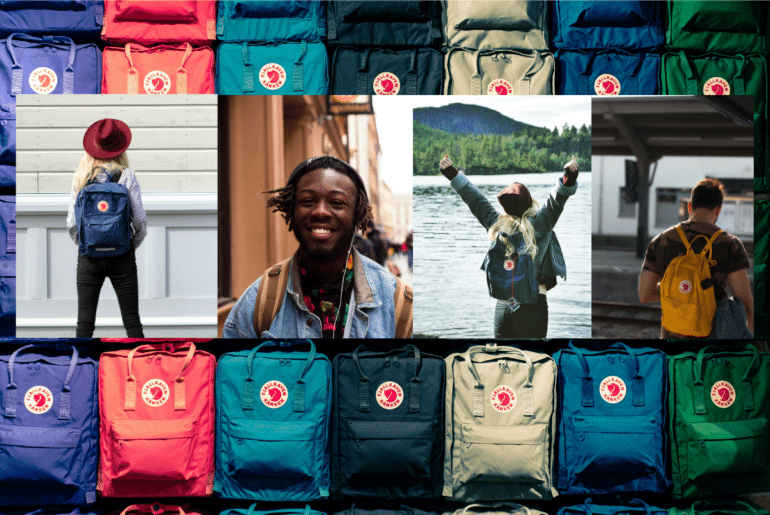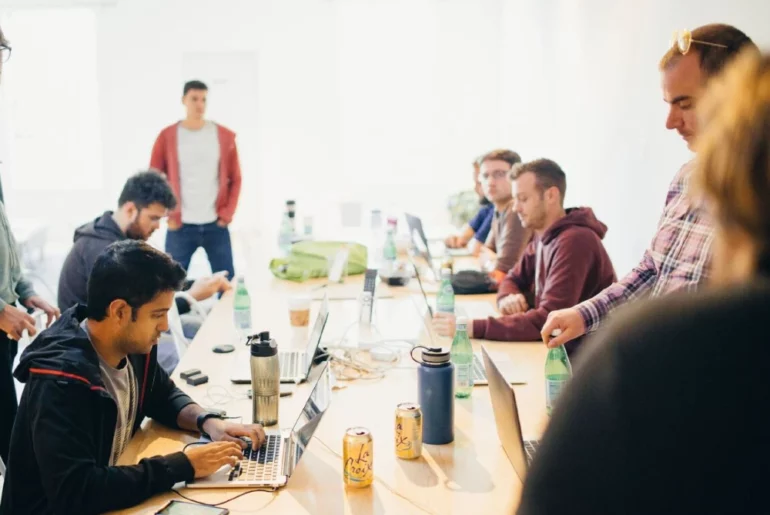Business travelers have a reputation for efficiency; get in, get out, and get on with their lives. But, bleisure, and bleisure marketing, may be the saving grace of the travel and tourism industry. Business travel is the first thing to recover after a major global shift. Destinations, venues, and attractions should turn their efforts to engaging with these bleisure elites while the world remains in a state of volatility.
What is Bleisure Travel?
Bleisure is a portmanteau combining Business and Leisure. It is defined as the process where business travelers extend or otherwise alter their trips to sightsee, visit entertainment venues, or attend events. Bleisure Marketing is the intentional focus of attracting and encouraging business travelers to engage with a destination they’re already at due to business activities like meetings, conferences, and tradeshows.
Previously, bleisure was often secondary for meeting planners. You could plan a conference or event at a “proper destination” and your attendees would occasionally stay a few extra days to enjoy the local sights and sounds. This led to huge meeting presences in cities with strong tourism economics like Las Vegas, San Antonio, Orlando, and San Diego. It created an environment of “built-in” programming that would unleash conference-goers into bars, restaurants, theme parks, and casinos in the evenings and pre- or post-event dates.
A study by SkyScanner, metasearch engine and travel agency, expects strong financial returns from destinations using Bleisure-focused “bolt-ons”. Is bleisure marketing simply upsells and shoulder nights? No, it will be a swiftly developing marketing discipline as destinations strive to stay solvent and relevant.
Death of Business Travel… Or a Rebirth?
Countless articles and editorials are proclaiming the end of business travel. Gary Kelly, CEO of Southwest Airlines, told Financial Times “business travel [will] ‘languish for a decade’.”
The September 2020 survey by the Global Business Travel Association indicated that travel managers worldwide are waiting with bated breaths for COVID control mechanisms before they return to business travel. 48% of respondents expect the full return (or expansion) of their company’s travel volume with an effective vaccine or public health measures.
Globetrender conducted a survey in August 2020 of over 2,000 regular business travelers. Several numbers stood out from that report:
Globetrender Future of Business Travel Report
- ¾ of respondents would choose in-person meetings for sales or pitching
- 60% of respondents said major deals or decisions cannot be made virtually.
- 70% believe meetings are more efficient and concise when in-person
- 47% expect to travel before the end of 2020
- 37% expect to start traveling in 2021
Marketing to Bleisure Travelers
Bleisure Marketing must grab a business traveler’s attention while they’re booking a stay and during their trip. Compared to leisure travelers, business travelers may not have specific intentions to participate in a bleisure activity. There is a mix of intentionality and spontaneity that should be represented in the marketing efforts. Awareness of opportunities is the key to engagement.
Tips for Bleisure Marketing
- Start with the Meeting Planners
- Encourage Remote Work
- Build Out Microsites
- Review Calendar Listings (and Websites)
Start with the Meeting Planners
As cities and venues attempt to rebound from record cancellations, many are using the opportunity to create special incentives for meeting planners. Almost all major venues are deploying comparable hygiene and safety procedures, many of them following the International Association of Convention Centers playbook. A safe and clean environment is the bar, destinations must rise above that with additional efforts and amenities.
There is much financial encouragement for any meeting planner willing to risk an event. Cities like Philadelphia are offering $100,000 in free space plus additional booking opportunities. The DMO in Madison, Wisconsin, has packaged their “Peace of Mind” program that includes reduced hotel attrition, hybrid meeting services, and up to 75% off on budget items like A/V and catering.
Hotels chains are also creating chances for planners to experiment and book without fear with the deployment of programs that reduce attrition and eliminate risks for cancellation.
Notable Hotel Programs
- Hilton Eventready: Increase a new sanitation and cleanliness checklist, a “sealed” room, flexible cancellation terms, and double event planner points.
- IHG Meet with Confidence: No cancellation fees, no attrition fees, 5% rebate on the master for events booked by December 31, and held before June 30, 2021.
- Marriott Connect with Confidence: New hygiene protocols and technology, innovative food and beverage activations, and pricing promotions based on region and property type.
If you are willing to take the risk, think outside of the box. Use this time to explore activations in raw space, outdoors, unique venues, or unique layouts in existing venues.
Destination Marketing Organizations (DMOs) and Regional Tourism Councils should work with hoteliers, venues, and civic organizations to align incentives and packages as much as possible. This alignment supports economic outcomes by driving bleisure marketing towards specific targets e.g. heads-in-beds, room nights, event attendance, or tourist spend.
Encourage Remote Work
The global pandemic has caused massive shifts in work culture. More people than ever are working remotely, and it seems like that trend is here to stay. A Conference Board survey (PDF) of Human Capital Executives found that 77% of respondents expect their workforces will remain remote (in some capacity) after the pandemic. The study concludes, “an increase in remote working could become the most influential legacy of COVID-10.”
Armed with this information, organizations conducting bleisure marketing should consider making their destinations remote-friendly. This shouldn’t require a complete retooling of existing offers, but rather is an exercise in creativity. If people are already traveling to your destination you should make the effort to encourage them to stay.
The MGM hotels rolled out a packaged focused on attracting digital nomads and those who are enjoying the new remote work paradigm. Their “Viva Las Office” packages require a three-night minimum stay and include reduced-price suites, food credits, and include a variety of amenities like poolside “office space” and a concierge personal assistant.
Build Out Microsites
Microsites have long been a tool of the destination management and tourism industry. Now is the time to turn the effort towards bleisure marketing.
Take the guesswork out of a bleisure trip. Make it clear if there are any special limitations to their activities like New Mexico’s mandatory two-week self-quarantine or unique destination-specific rules about wearing masks. Each state has its own phased opening process and it should never be assumed that a visitor will immediately understand how it works.
Then, create lists of activities, restaurants, and venues that are open. Many operators have been (understandably) slow to update times, particularly in places where there has been volatility in the “degrees of openness”.
If it is hard to collect and update this information in a timely manner, consider deploying either an RSS feed or a social aggregator to collect real-time updates from the myriad social accounts of hotels, restaurants, and attractions.
Review Calendar Listings (And Websites)
Destination Marketing Organizations, hotels, and attractions often have lots of older or legacy pages. Please take a moment to review them and ensure that the information is correct. This is particularly true for things like calendars of events, programs, and activities.
As our content team found out, many hotels have not updated their list of amenities since before the pandemic. It is important to have the previously mentioned microsite, but consider the many avenues that a traveler will find into your webpage. A sitewide audit may be in order to ensure that you’re not burning goodwill with an unwary tourist.
DMOs should take special note since many keep the city’s master special events calendar. Things like cancellations, postponements, and other date changes should be clearly noted. With most of the travel conducted by bleisure tourists happening with some advance planning, these calendars could make or break someone’s decision to stay.
–
Whether you’re new to Bleisure Marketing or you’re an established destination marketer, TINT is here to help you navigate the swiftly changing waters of a new world. Our digital and social experts team is eager to discuss how authenticity-driven marketing will benefit you as we focus on a Safe Return.



